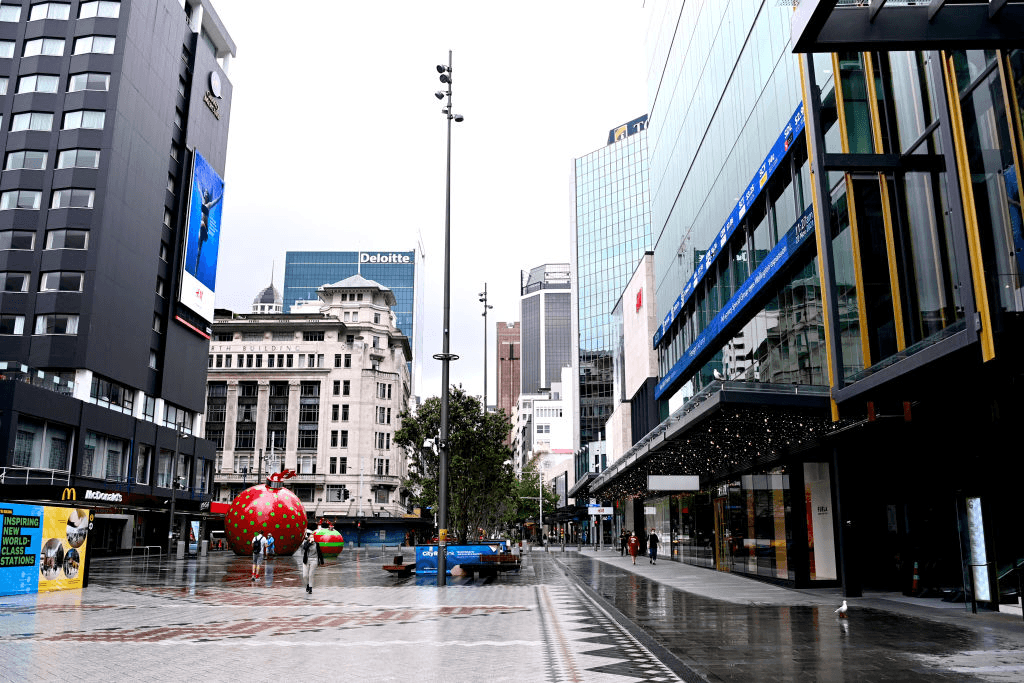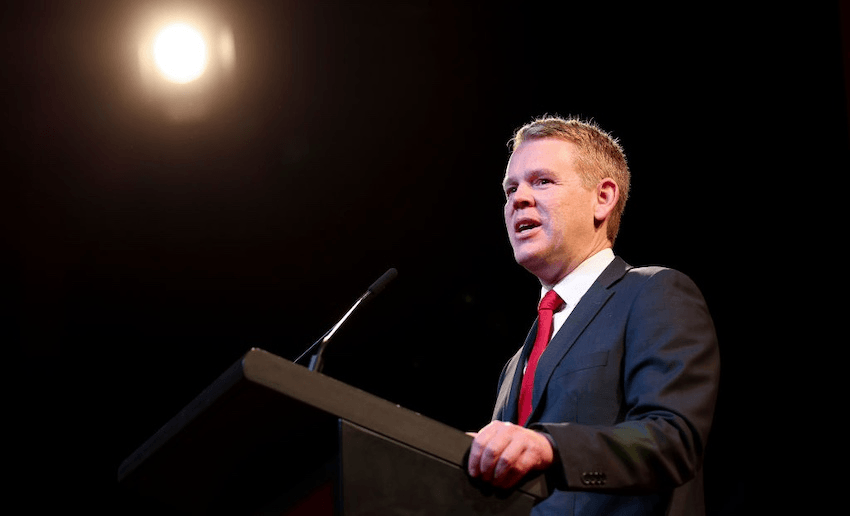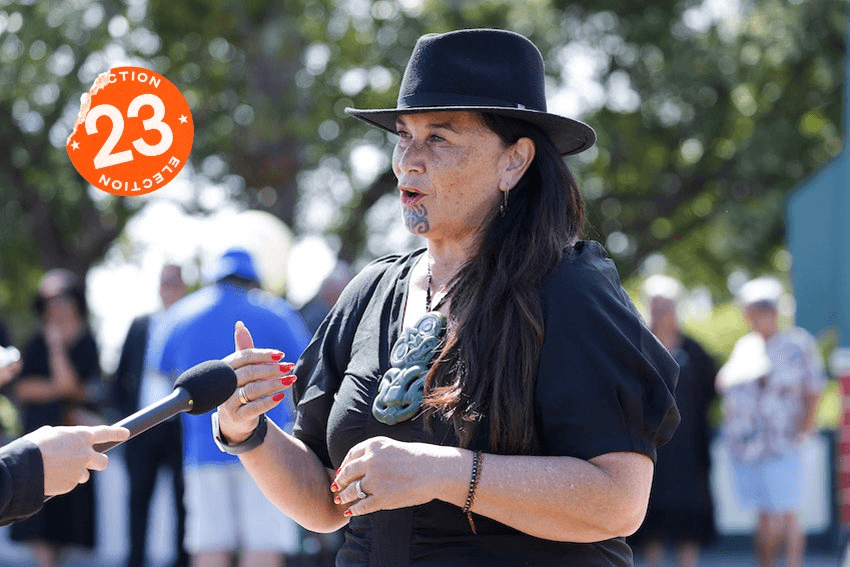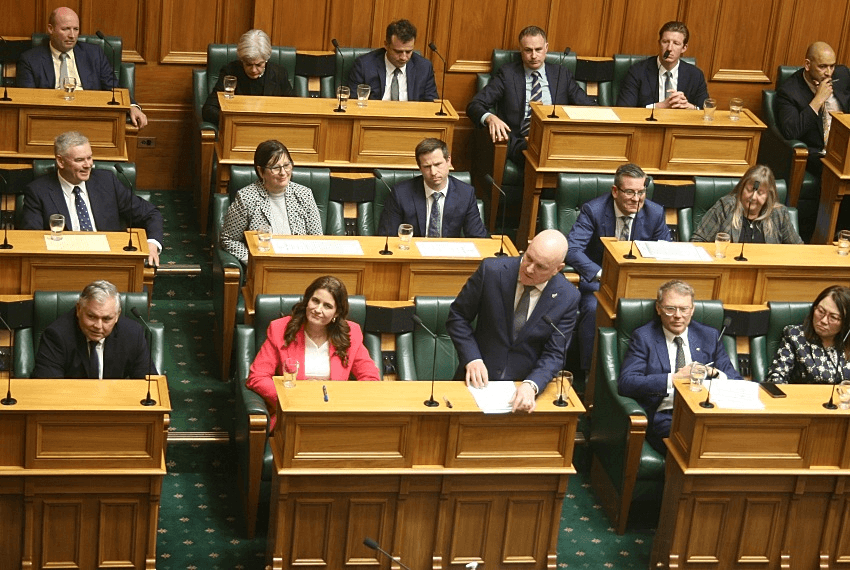Wellington city council has voted to approve another $147 million to repair and rebuild the Wellington Town Hall, bringing the total costs to as high as $330 million.
The Town Hall has been closed since it was damaged in the 2013 Seddon earthquake. The estimated costs of the repairs have increasingly blown out over the last decade, from an initial point of $43m, to $60m to $90m to $112m and most recently to $182m in 2022. The current estimate is in a range between $252m to $329m.
Wellington Mayor Tory Whanau said the decision was frustrating but necessary.
“This isn’t a welcome decision for us to face, and I understand the frustration, but we cannot ignore it and hope it goes away. Being the capital of arts events and creativity is a priority for me, so losing the town hall would be a huge blow.”
Several options were on the table: continuing to fund the project at the additional cost, completing minor safety works and leaving the building open, or demolishing the building – though this would have been legally difficult due to the Town Hall’s Category 1 heritage status. Leaving the building unfinished would have meant a sunk cost of at least $182m.
Deputy Mayor Laurie Foon said she initially wanted to vote against continuing the project, but was concerned that the upcoming earthquake strengthening on the Michael Fowler Centre could leave the city with no major performance venues.
“What is making me [vote yes] is fear. Fear of not having the Town Hall or the Michael Fowler Centre, which would mean having no decent concert or congregation centre in the city, and the fear of Wellington not having a place that can champion the arts.”
The council passed amendments proposed by Ben McNulty to direct council staff to explore a Local Bill to prevent future situations where the council was forced to repair damaged heritage buildings.
It also agreed to cut costs by skipping some heritage flourishes and seeking private donors to help with the cost of the repairs.
Wellington Town Hall was opened in 1904, and has a capacity of 3000 as a concert hall. It was previously the site of the council chambers, but the council does not intend to move back to the site.




